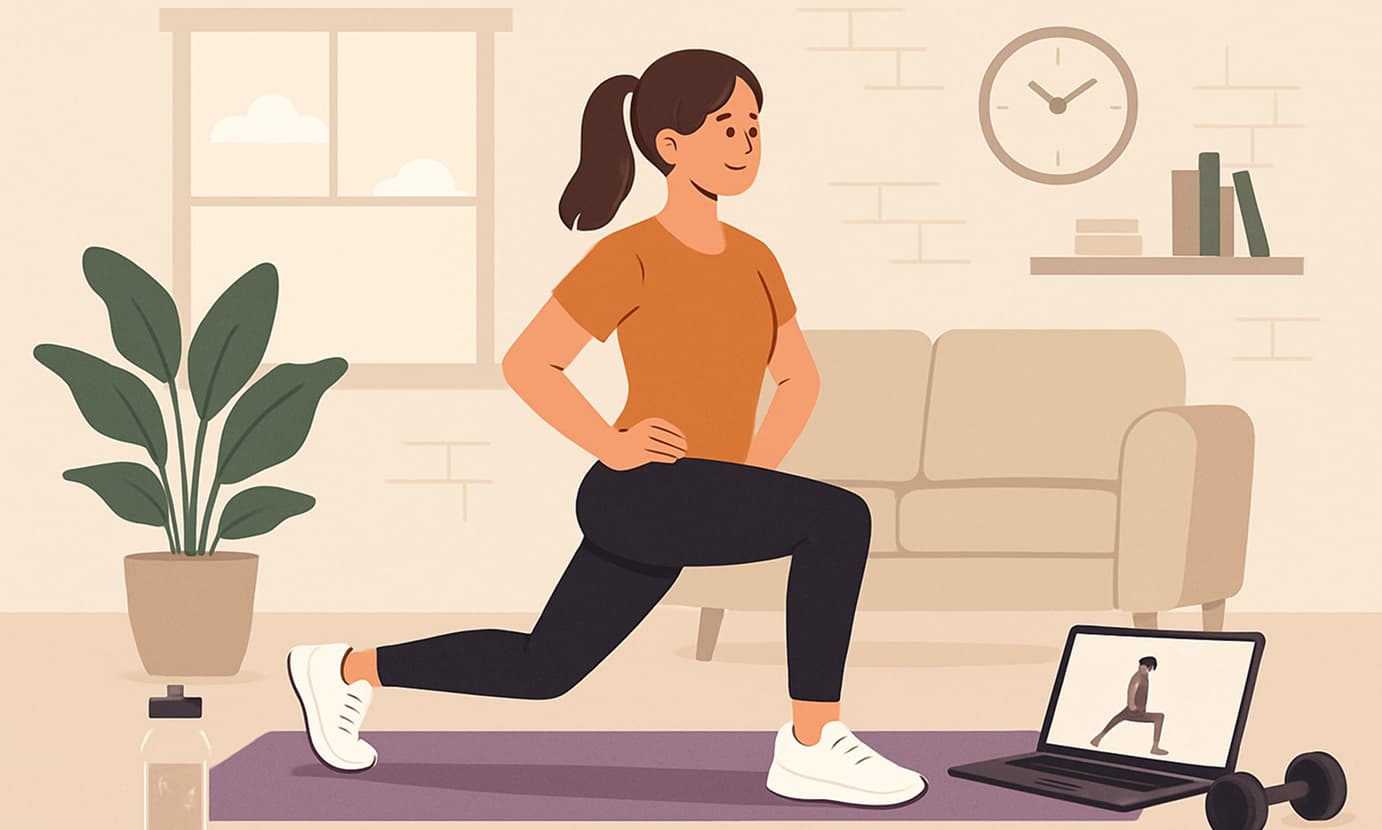Whether it’s dripping off your forehead in the gym, soaking your shirt during a summer run, or breaking out before a big presentation, sweat is one of the body’s most obvious responses to stress and exertion. But is sweating actually good for you, or something to worry about? The answer, as with many things in health, is a little of both.
Why We Sweat
Sweating is the body’s natural cooling system. Humans have between 2–5 million sweat glands, most of them producing a watery fluid that evaporates from the skin to lower body temperature. Without this mechanism, our bodies would quickly overheat during exercise, hot weather, or even emotional stress.
Sweat itself is mostly water, with small amounts of salt, potassium, and other minerals. Contrary to popular belief, sweat doesn’t usually smell; odor occurs when skin bacteria break down its components.
The Benefits of Sweating
- Temperature Regulation
Sweating prevents overheating, which is vital during exercise or in hot environments. Without it, core temperature could rise dangerously, leading to heat exhaustion or heatstroke. - Skin Health
Some studies suggest that sweating may help flush out bacteria, dirt, and oils from the pores. This is why a good sweat sometimes leaves skin looking clearer afterward—provided you wash it off. - Immune Boost?
Research indicates that sweat contains antimicrobial peptides, which may help fight bacteria and reduce the risk of infection on the skin’s surface. - Stress Release
Physical activity that causes sweating often also reduces stress and anxiety. The endorphin boost of a sweaty workout is a well-documented mood enhancer.
When Sweat Can Be a Problem
- Excessive Sweating (Hyperhidrosis)
For some, sweating is excessive and unrelated to temperature or exertion. Hyperhidrosis can be uncomfortable, socially distressing, and interfere with daily life. Treatments exist, from prescription antiperspirants to medical procedures. - Dehydration
Sweating means fluid loss. If it isn’t replaced, dehydration can set in, leading to headaches, fatigue, dizziness, or more serious complications. Athletes especially need to replace fluids and electrolytes during long or intense sessions. - Heat Illness Warning
Sometimes the absence of sweat is a bigger danger. If you stop sweating during extreme heat or exertion, it may indicate heatstroke—an emergency that requires immediate cooling and medical care. - Skin Irritation
Sweat mixed with friction can cause chafing, rashes, or flare-ups of skin conditions like eczema. That’s why showering and changing into dry clothes promptly after sweating is important.
The Verdict: Good, With Caveats
Sweat itself is not dirty or harmful—it’s one of the most important mechanisms for keeping us alive and comfortable. In fact, sweating during exercise can be seen as a sign that your body is doing exactly what it should: working hard and staying cool.
However, too much sweating, or sweating in inappropriate situations, can signal underlying conditions, just as too little can signal heat illness. The key is balance: staying hydrated, keeping skin clean, and seeking medical advice if sweat feels excessive, uncontrollable, or unusually absent.
Final Thought
So, is sweat good or bad? Mostly, it’s good—an essential tool in the body’s survival kit. But like any biological process, it has its drawbacks when things go out of balance. Instead of fearing it, think of sweat as a signal: your body is communicating its effort, its needs, and its limits. Listen carefully, stay hydrated, and let it do its job.

